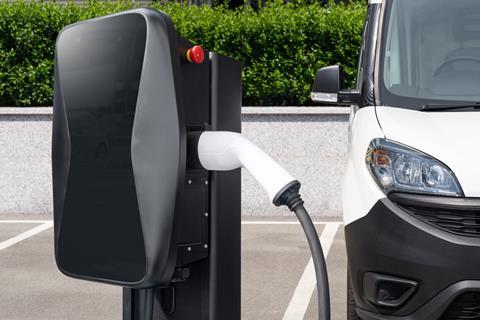
The Labour Party has unveiled a new plan promising to provide nationwide charging infrastructure to support the logistics sector’s transition to electric vehicles (EVs).
“Labour’s Industrial Strategy will create stability for logistics businesses and ensure the UK is self-sufficient in cheap, renewable electricity,” said Shadow Minister for Business and Industrial Strategy Bill Esterson MP while speaking at the Next Generation Van conference in Coventry on 11 July.
“Labour will ensure that charging infrastructure is widely available, that depots can connect to the grid and that incentives are available so that it makes sense to transition to electric. We will be partners with industry to develop and implement the plans needed to meet the challenge of decarbonisation,” added the MP.
Should Labour win the next general election – scheduled to be held no later than 28 January 2025 – it will look to build on the government’s existing EV scheme, which is said to have committed £2.5bn in total funding to date. Grants of up to £350 are currently being offered to landlords of both residential and commercial properties towards the purchase and installation of charging points.
The governement published its UK Electric Vehicle Infrastructure Strategy in March 2022, which detailed an action plan for the rollout of charging infrastructure ahead of phase out dates. These included intentions to end the sale of new petrol and diesel vehicles by 2030, and for all new cars and vans to be fully zero emission at the tailpipe by 2035.
Denise Beedell, senior policy manager at Logistics UK which organises the annual Next Generation Van conference, said that van operators and businesses were keen to decarbonise and make a smooth transition to EVs. However, she noted that they continued to face barriers with significant costs for increasing adequate power supplies and installing the required charging infrastructure at their depots.
“They also need to have confidence that the public chargepoint network will be able to accommodate their electric vehicles,” she added. “Bays at public electric vehicle charging points are often too small to accommodate commercial vehicles, or are unavailable because they are in use or are broken.
“The pace of the roll out of suitable public charging infrastructure must be accelerated and appropriate fiscal measure are put in place to support our industry in meeting decarbonise deadlines to ensure our sector can continue to deliver all that the economy requires.”
The logistics industry is said to key to the UK’s economic survival, employing 2.7m people and contributing £163 billion to the economy. “It is vital that industry and government work together to ensure a greener transition to EVs, creating prosperity and lowers costs in the process, to enable logistics business to invest in EVs and infrastructure with confidence,” concluded Beedell.
Several bakery businesses have shown their commitment to sustainability through electrification of their delivery fleets in recent years, including both Hovis and Warburtons introducing 7.5-tonne and 16-tonne EVs, and Guenther Bakeries installing solar panels and charging points at its new site in Coventry in 2022.
However, it remains unclear whether other bakers are currently looking to follow suit. For example in April, manufacturer Wrights announced a £1.3m investment in a new vehicles fuelled by compressed natural gas, which affords a 95% saving in carbon emissions. More recently, bakery suppliers Bakkavor and Baker & Baker both said they were targeting the year 2040 for achieving net zero across their operations, but did not outline any plans to electrify delivery vehicles among their sustainability goals.



















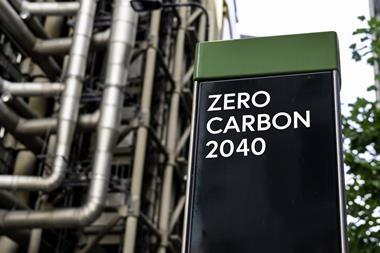
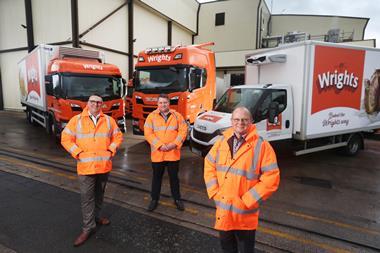

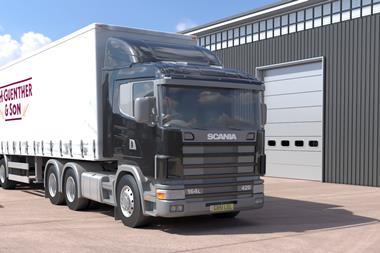




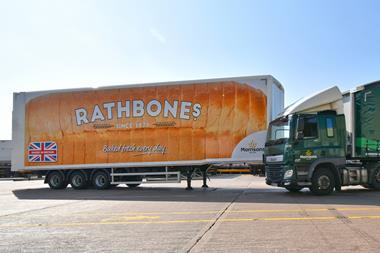




No comments yet